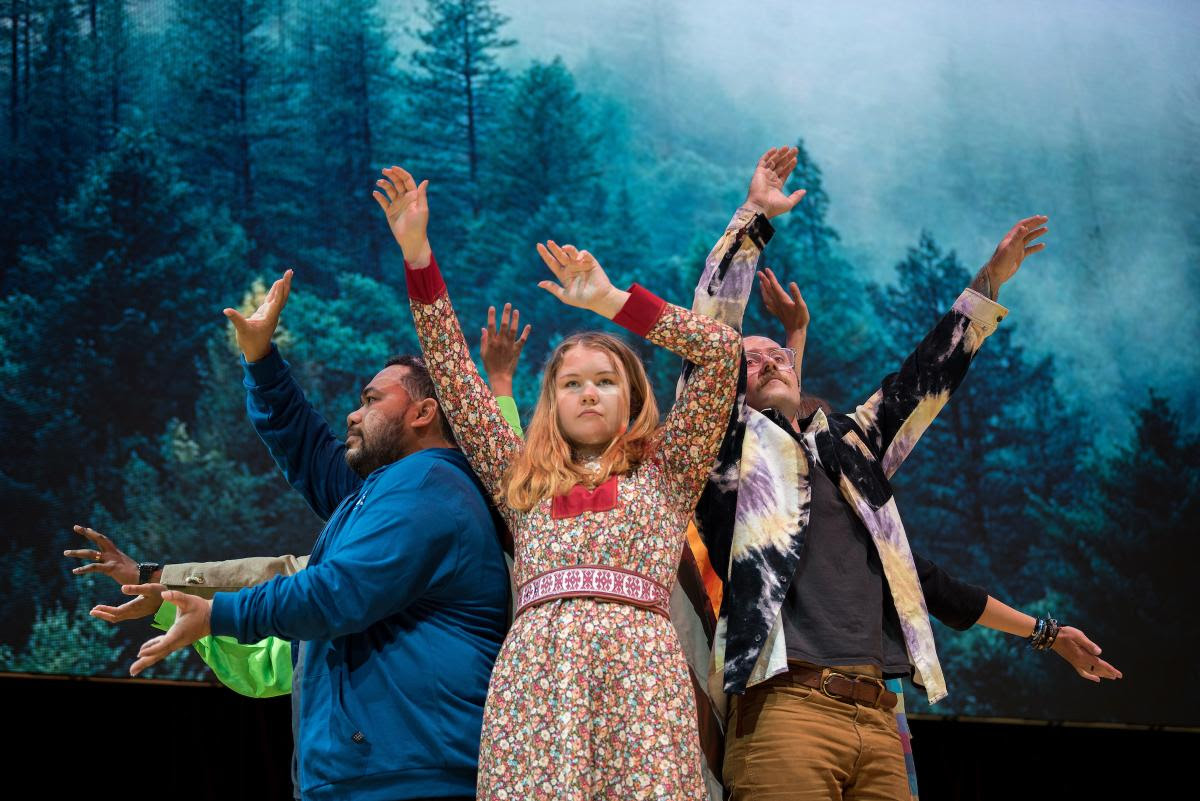Iemaima Jennifer Vaai, an Indigenous person, spoke at the session, which was modeled after a dialogue practice from Fiji and across the Pacific known as Talanoa. “The whole of life is a process of transformation and changing the story. A story that is ours, not someone else’s, results in being the only story. One that acknowledges a bottom-up approach of striving for justice, that is affordable, sustainable, and resilient.” She continued, “In Samoa, we say ‘e le’o le fale, a’o le anofale,’ meaning it is not the house itself but the spirituality of the home that makes it a household for all. One that creates virtues and ethics to be holistic and transforms our ways to contest against injustice and bring us to affirm the wholeness of life. Rudelmar Bueno de Faria, general secretary of the ACT Alliance, challenged the attendees to debunk the structural causes of economic-social-ecological injustices. “We want an economic model that enables every single person and living being to thrive. We want life-affirming economic policies that recognize and lift the multiple local and, often Indigenous-driven, alternatives as part of our productive fabric,” said de Faria. A total conversion of our hearts, heads, and hands must be the foundation of personal, communal, societal, and institutional change, according to Ruth Mathen, a programme consultant for the Christian Conference of Asia. She believes that repentance from humanity's "failure to obey God" is essential because the world, particularly the Asian region, requires more than half-hearted responses to the world's alarming economic and ecological crises. "How we live must be in accordance with what we believe and how we pray," she said. | 


No comments:
Post a Comment